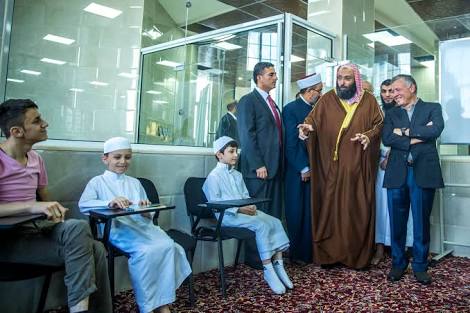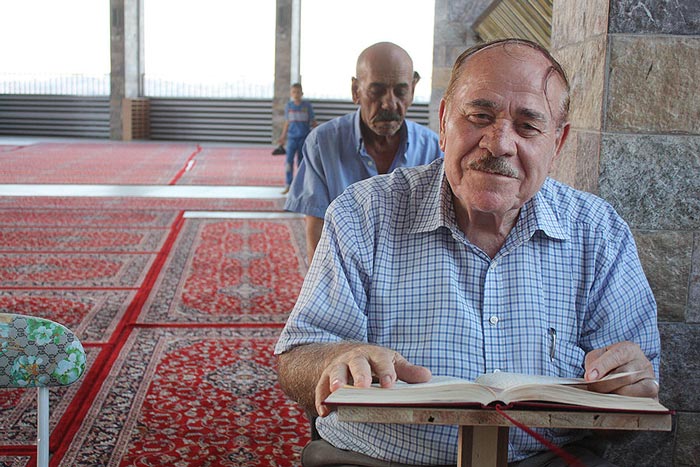ZARQA – At Al-Arab Mosque in Zarqa, Jordan, an imam and neighborhood residents have teamed up to bring their mosque’s traditional role as a community center into the 21st century, Christian Science Monitor reported.
“In the early days of Islam and the time of Prophet Muhammad (PBUH) mosques where more than just a worship house,” says imam Ahmed Zoubi.
“The mosque was a center for the community, a center for life.”
The mosque’s imam looked for ways to make the mosque “go green.” Today the mosque has those solar power panels, along with classrooms, prayer halls, a computer lab, medical clinics, and a pharmacy.
On the mosque’s top floor is Zoubi’s design: a rooftop prayer room. “Here, people can breathe and relax, look at the views, bring their children, and feel a sense of space and nature,” Zoubi says. “And, hopefully, peace within themselves.”

Zoubi raised the funds to install solar panels in 2014, but due to the surrounding high-rise apartment buildings, the panels would only get 25% of their solar potential.
“We decided we didn’t just want to install the solar panels or rebuild the mosque, we wanted to change the perception of mosques in the entire country,” Zoubi says.

As he set out designing the mosque, Zoubi met with community members to hear about their needs and concerns: difficult access to health care, no learning centers or libraries, a lack of public space to take their children.
Now, Arab Mosque’s floor plans and directory read like a checklist of the community’s needs. On the ground floor is the main prayer hall opened throughout the day; a separate entrance leads to medical clinics and a pharmacy.
On the second floor is a separate prayer hall with LCD TVs and a place for a sign translator for the hearing-disabled to follow Friday sermons.
The third floor is an educational and cultural center complete with a library, classrooms, and computer lab. The fourth is an additional Friday prayer hall.
The mosque’s most popular feature is its educational and cultural center, which includes a lecture hall with 75 movie theater-style seats and tables, a library, a computer lab, and even a digital projector with a sound system.
“Generally-speaking, mosques are places for do-or-don’t-do, laying down laws and punishments, but if they serve an economic, social and educational role, that empowers people to be productive members of the community,” says Zoubi.
“That is what Islam calls for.”